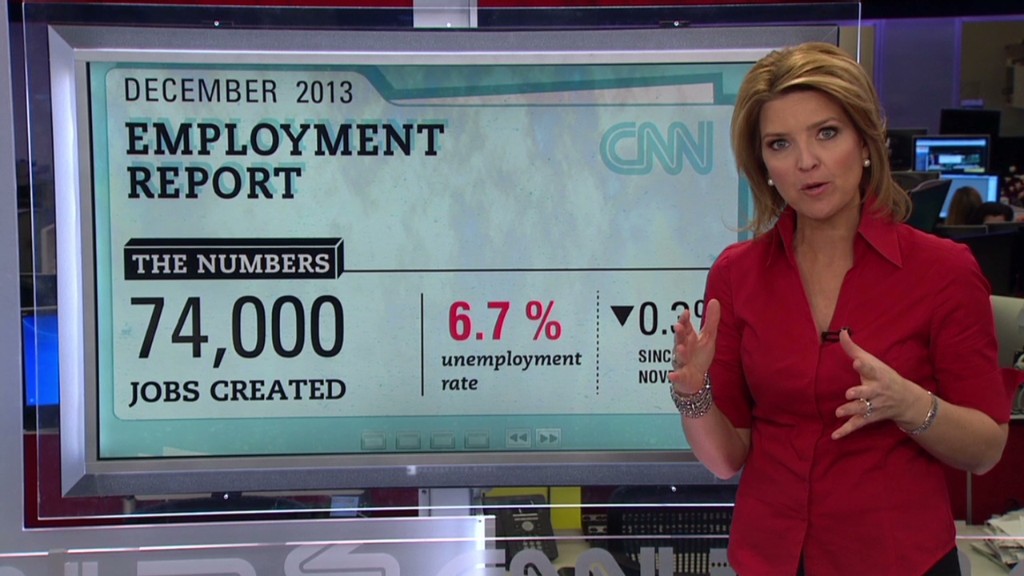
Some of the 1.3 million jobless Americans entering their fourth week without federal benefits are facing tough choices.
Jean Winsor borrowed money from a friend to pay car insurance this month, so she can drive to interviews. She can't pay her Shinglehouse, Pa., mortgage.
Marcus Wesley is a few months from finishing a course in his Houston suburb to transition into medical information technology, a field that's hiring. "If I had to, I would have to live in my car," said Wesley, who has rent coming due.
Kerstin Foster got a job that starts in February, but she can't pay the grocery bills now. She spent most of two days last week in a long line -- with dozens of other jobless workers who lost benefits -- waiting to sign up for food stamps in Waterbury, Conn.
"All of us in line, we were all cut off from unemployment," said Foster, who will go back to work as an administrative assistant in a few weeks. "I'm one of the lucky people who has a job coming. What's going to happen to all the rest?"
Related: 850,000 may have $90 less in food stamps
The week of Dec. 28, extended federal jobless benefits expired with the end of a recession-era program intended to help those who have exhausted six months worth of state payments.
In the meantime, Congress left Washington last week with little progress made to extend the federal program.
The federal benefits first went into effect during the recession in June 2008. They were put in place to help unemployed workers who couldn't find jobs and whose state unemployment insurance had run out.
Back then, the jobless rate was 5.6%. It later climbed to more than 10% in 2009, and the government extended or expanded the federal benefits 11 times into the weak recovery, most recently in January 2013.
Many jobless Americans say it's still tough to find a job. Wesley, 40, of Missouri City, Texas, said he needs a few months to finish job training.
He spent years working in information technology, most recently for Bank of New York Mellon, which ended his contract last spring. When he couldn't find work for financial companies, he decided to transition to health care, an area in need of IT help.

"I'm not looking for a handout, I want to work," Wesley said.
Related: Help! My unemployment benefits expired
Brad Bowman, 35, lost his job in July working for a non-profit that mentors youth at Detroit-area schools, a victim of budget shortfalls. His parents and grandparents have paid his health insurance premiums the past two months.
Lately, he's been able to pick up $20 to $25 a day through a service that allows him to rent out his Dodge Stratus a few days a week to those who need a car.
Related: Jobless workers plead with Congress for more help
"I can't rent it out every day because I need a way to get to an interview, should I get an interview," Bowman said.
Winsor, 49, has been paying her car insurance, Internet and phone bill so she can keep applying for jobs. But she has no idea how she'll make her $461 mortgage payment due in two weeks.
The home health care aide has been applying for dozens of jobs every day, she said. She's already turned off the heat in her part of her house, to keep the heating bill down.
"All I do is try and cry, and say 'Lord help me,'" Winsor said. "This government is going to make everyone break down."


